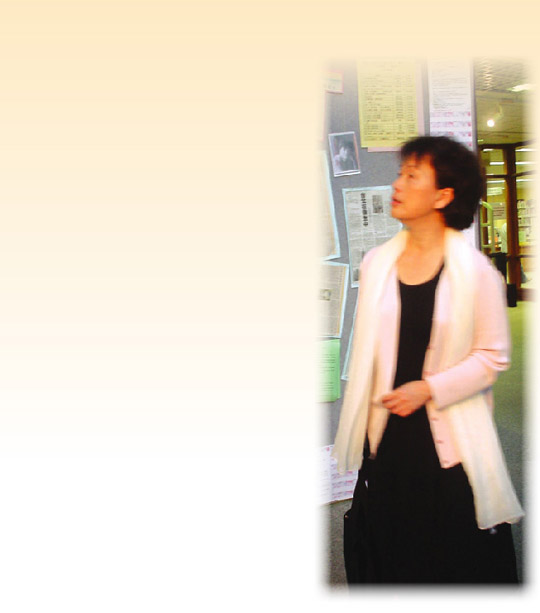


|
||||
 |
||||||||||||

|
|
|||||||||||
| Language Education and Global Vision | |
| ¡´ | In my view, whether or not the people in a city are good and fluent in English bears no strict relevance as to whether the education system of that city is in line with the world, whether it is internationally-oriented, or whether it encompasses global visions. The crucial factor lies in the contents of this education system - whether they have the world at heart. So, I am not saying that learning English is not important; it is indeed very important. Yet we cannot put the cart before the horse. Learning a language is a technical training, which cannot be made equivalent to acquiring global visions and international outlook. They are subjects on two different planes. |
| The Core Values of Education | |
| ¡´ | I think a clear-minded teacher will always insist on the teaching of humanism as his or her very first priority, regardless of how the school syllabus has changed and how views on education have altered. Teaching children humanism is teaching them how to respect other people. After that, we must teach them how to distinguish between "right" and "wrong". The teaching of right and wrong should not be something short-lived, nor should it be something based on the sayings of a particular political leader. Instead, such teachings should be geared at developing the student's own ability to tell right from wrong. In addition, we must be aware of the irrevocable trend of globalisation. The children of Hong Kong we are teaching today will not be competing with their Hong Kong peers in future, but with those from New York, Germany or Latin America instead. When you understand this, you will not be so troubled by those political and institutional changes. You will not lose your way in teaching as long as you hold tight to your core values and follow the right track. |